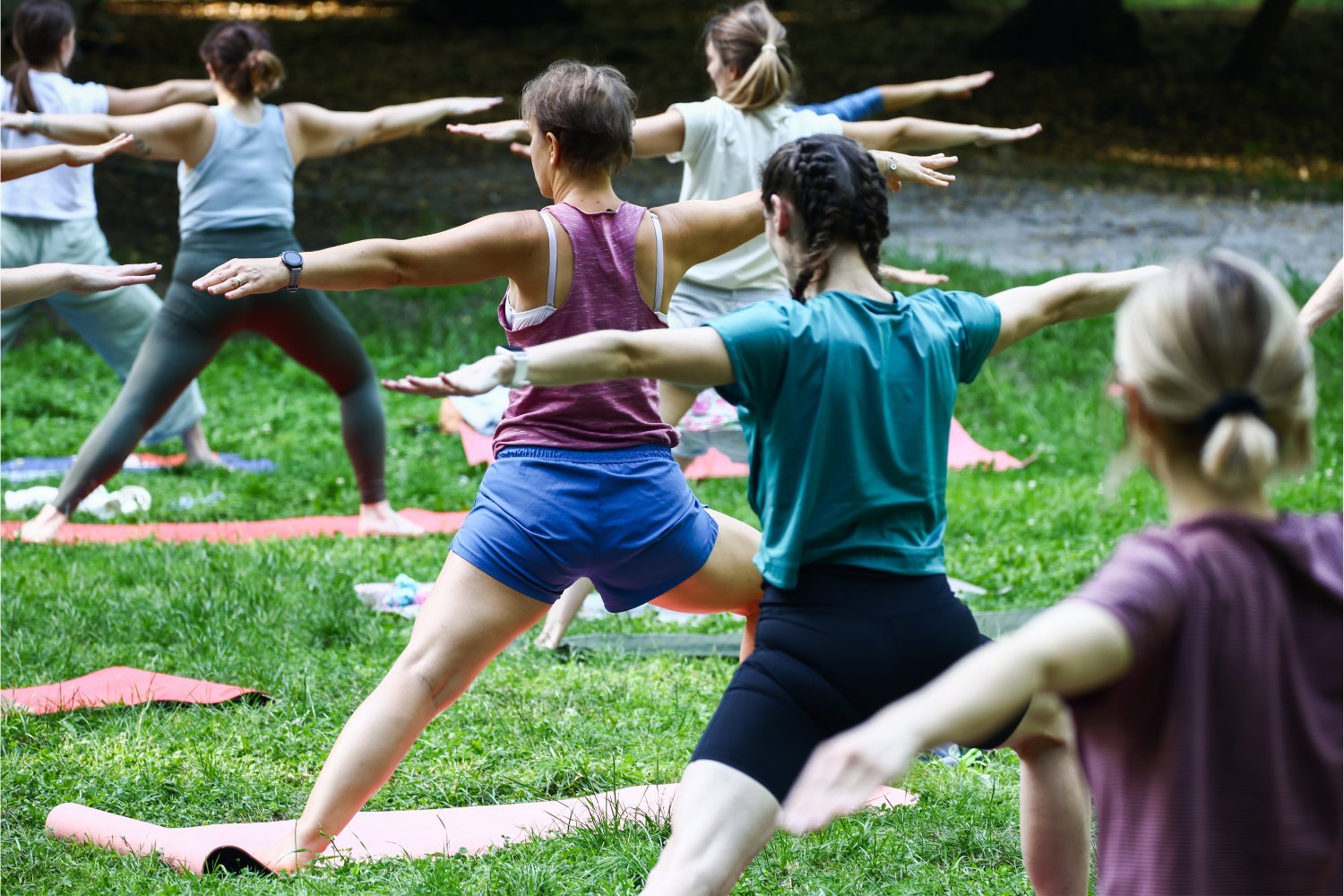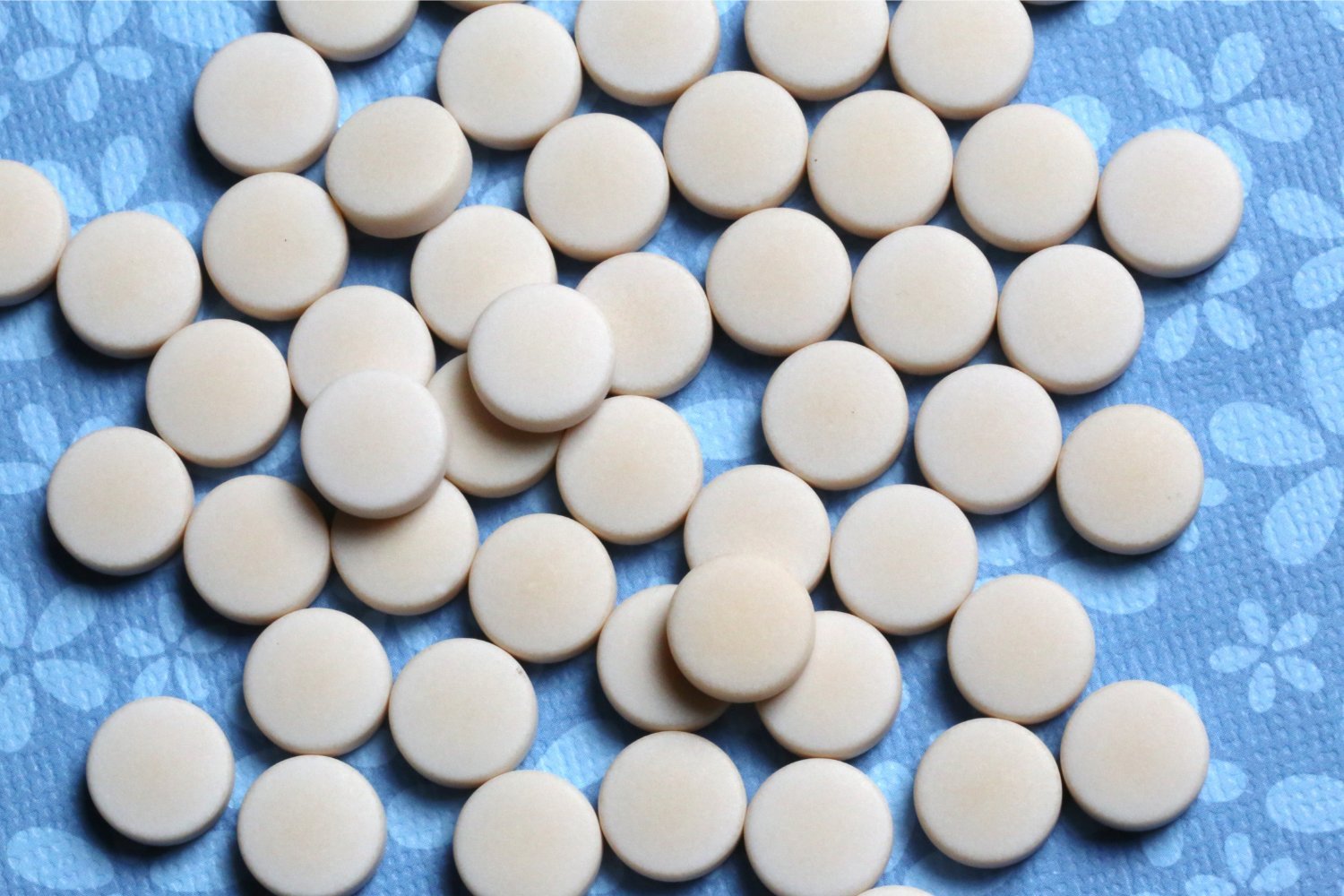Staying limber might be the key to a longer life. Recent research has discovered a correlation between flexibility and longevity, suggesting that maintaining good flexibility can contribute to better health in later years. While flexibility has always been a recommended component of exercise routines, this new study delves deeper into its potential impact on lifespan.
The Flexibility-Longevity Connection
Published in the August 2024 issue of the Scandinavian Journal of Medicine & Science in Sports, the study highlights the limited research on the direct link between flexibility and how long we live. To address this, researchers analyzed data from over 3,000 middle-aged participants in the CLINIMEX Exercise open cohort study, a long-term project initiated in Brazil in 1994. This study tracked participants’ health and fitness, including flexibility tests, and monitored their mortality over time (excluding deaths related to the COVID-19 pandemic).
Measuring Flexibility and its Impact
Researchers developed a “Flexindex” score based on participants’ range of motion across seven joints, with higher scores indicating greater flexibility. The analysis revealed a significant correlation: individuals with higher Flexindex scores were less likely to die during the study period compared to those with lower scores. This association was particularly pronounced in women. After adjusting for factors like body mass index and age, less flexible men were nearly twice as likely to die as their more flexible counterparts, while less flexible women were almost five times as likely to die.
Correlation vs. Causation and Future Research
While this study demonstrates a correlation, it doesn’t establish a direct cause-and-effect relationship. However, it aligns with existing research showing the benefits of regular exercise on lifespan and quality of life. The researchers emphasize the need for further studies to investigate whether targeted flexibility training can independently or additionally improve survival rates in middle-aged and older adults. They also suggest exploring the potential value of routinely assessing flexibility during regular health check-ups.
The Potential of Flexibility Training
Considering the age-related decline in flexibility, the study raises the question of whether activities like yoga, which promote flexibility, can contribute to better health and longevity in older populations. Further research is needed to explore this potential.
Conclusion
This study underscores the importance of flexibility as a vital component of overall health and fitness. While further research is necessary to explore the causal link between flexibility and longevity, the current findings suggest that maintaining and improving flexibility could play a significant role in extending lifespan, particularly for women. This highlights the potential benefits of integrating flexibility training into regular exercise routines for individuals of all ages.











